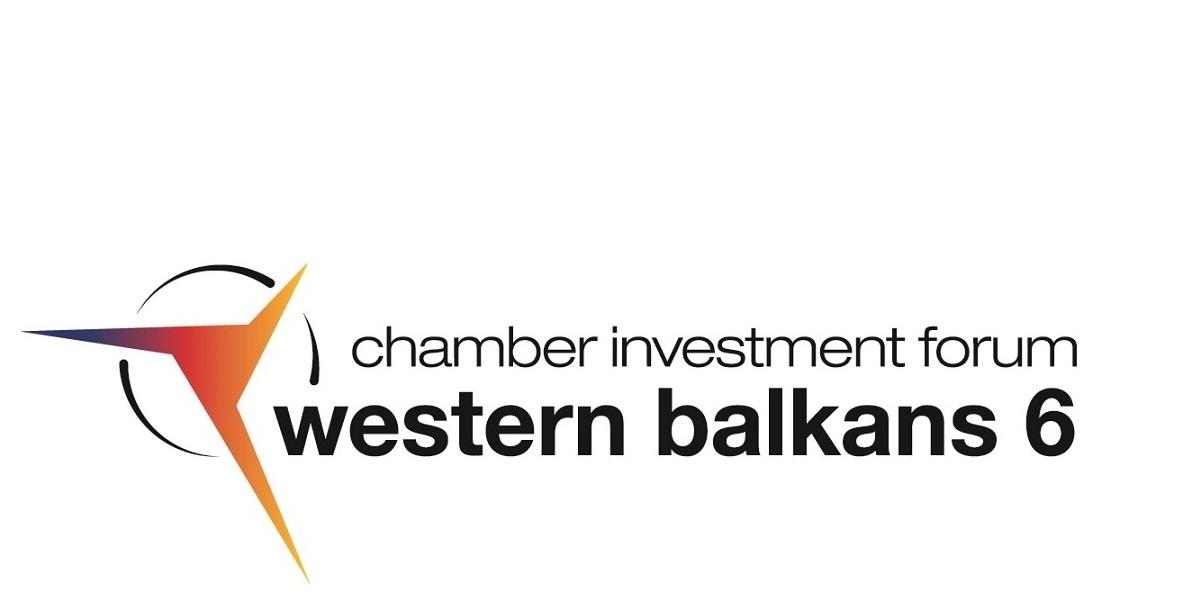
Palmer and Cadez: Regional cooperation in the Western Balkans has never been more important
Strengthening regional economic cooperation and integration, speeding up the creation of a common Western Balkans economic area and a deeper integration of the region into the European Union’s legal and economic system are crucial for the recovery of regional economies from the effects of the COVID-19 pandemic.
This was concluded in a telephone conversation between Marko Cadez, President of WB6 CIF Managing Board, and Matthew Palmer, US Deputy Assistant Secretary of State and US Special Representative for the Western Balkans.
The establishment of a special fund to support activities aimed at strengthening regional cooperation was mentioned as an initiative during the call. This fund can greatly contribute to the strengthening of the process of regional and European integration of the Western Balkans, and also can lead to a faster recovery of Western Balkans economies.
“The problems faced by our economies during the current health crisis have even more emphasized the value in the establishment of a Regional Economic Area, based on the free movement of people, goods, services and capital, and stressed the need for implementing it as soon as possible to ensure faster recovery of Western Balkan economies. At the same time, these new circumstances have further strengthened the general awareness of the importance of a stronger regional integration in the coming period, but also reaffirmed the willingness of the Western Balkan economies to cooperate more closely. One example of this is the establishment of green corridors for faster and easier transportation of goods in the region” Cadez said, conveying the most important points from his call with Palmer.
As the economic recovery of the Western Balkans heavily depends on the pace of EU’s recovery, as the region’s main foreign trade partner with more than 70 percent of trade, it is necessary to link the Western Balkans to the EU Green Corridor information system as soon as possible. This will ensure faster flow of goods between the region and the EU, allowing unimpeded supply of raw materials and finished goods. Steady supply is crucial for ensuring that already established supply chains between EU member states and the Western Balkans are working for the benefit of the markets in both the EU and the WB.
“We also agreed that the upcoming EU-Western Balkans Summit, hosted by Croatia, is an opportunity for the Western Balkans leaders to formalize specific agreements aimed at intensifying cooperation in order to speed up the economic recovery of the region, but also to present the concept of “inclusive enlargement” which the Western Balkans Chambers of Commerce have already sent to the European Commission in the form of a detailed proposal,” Cadez stated.
It is important, he points out, to have this concept officially adopted at the Summit and to begin its implementation already during Germany’s EU presidency. It would mean that the Western Balkan economies are treated as part of the single EU market, enabling them to integrate into the EU in certain areas as soon as they meet all the required EU criteria in those fields.
Cadez also informed Palmer on the decision of the Serbian government, initiated by the Chamber of Commerce and Industry of Serbia, to allow the export of essential products such as wheat, flour, sunflower oil and yeast to the region. He also informed that companies from Kosovo and Serbia have renewed business relations after Prishtina lifted the 100 per cent tariff. Trade is now flowing smoothly, with recognition of documents in line with the agreements reached through the Brussels Process.



